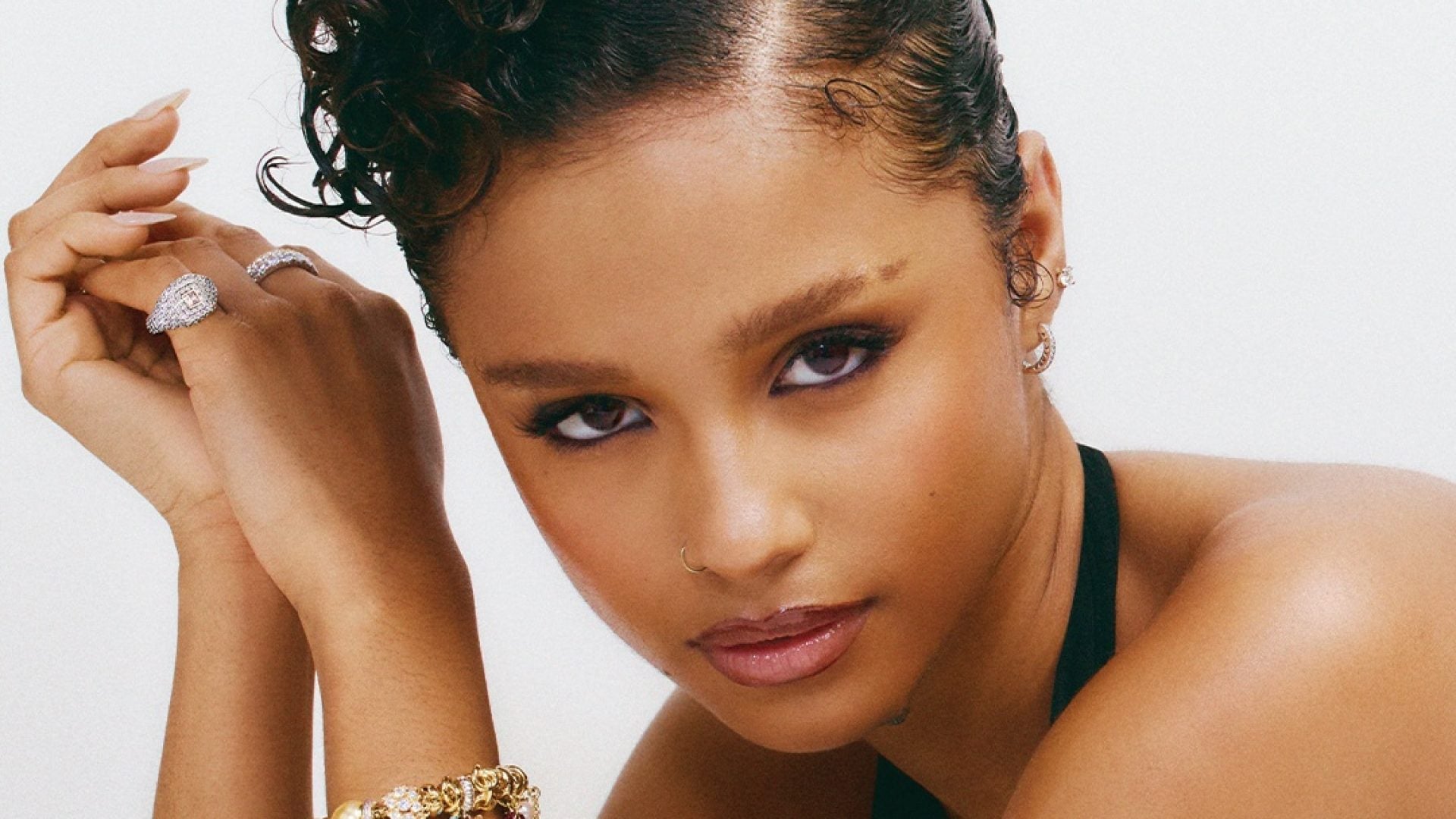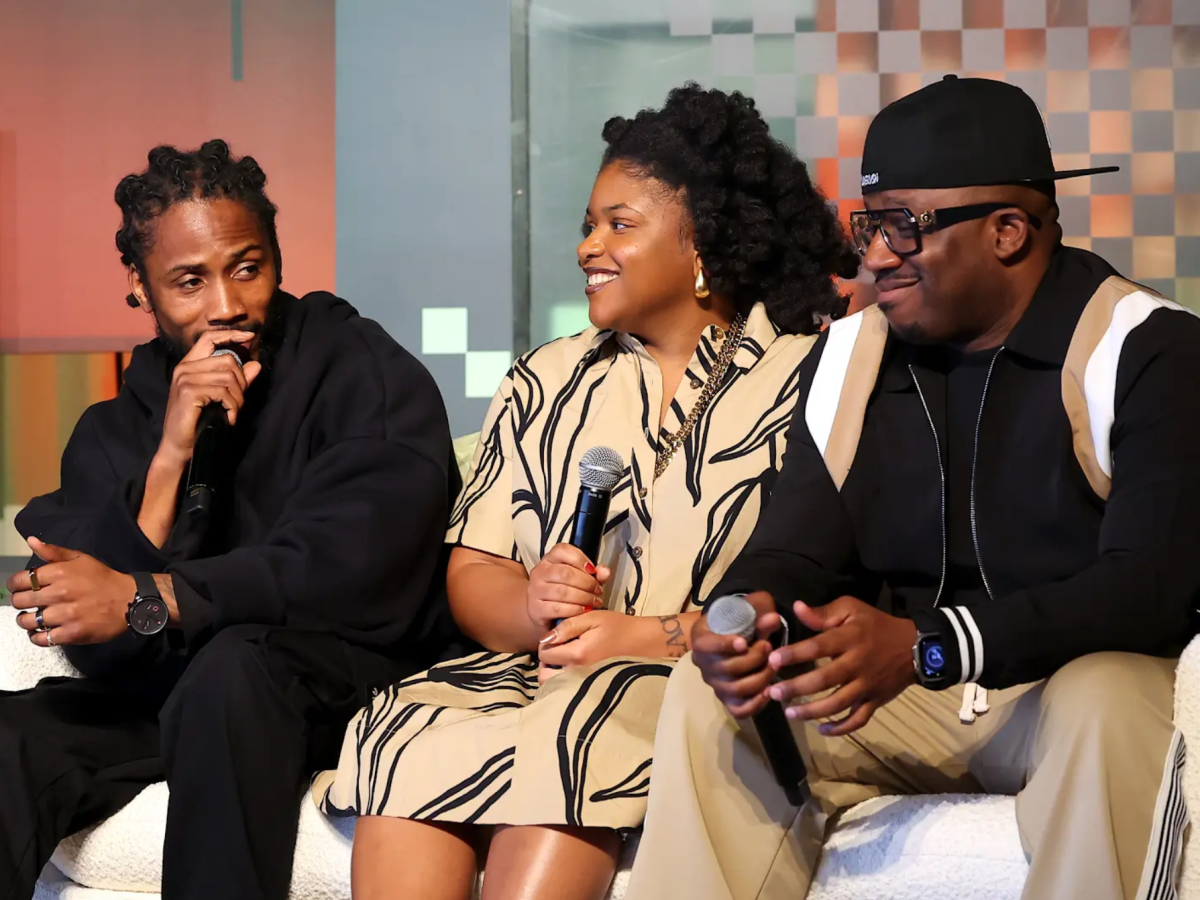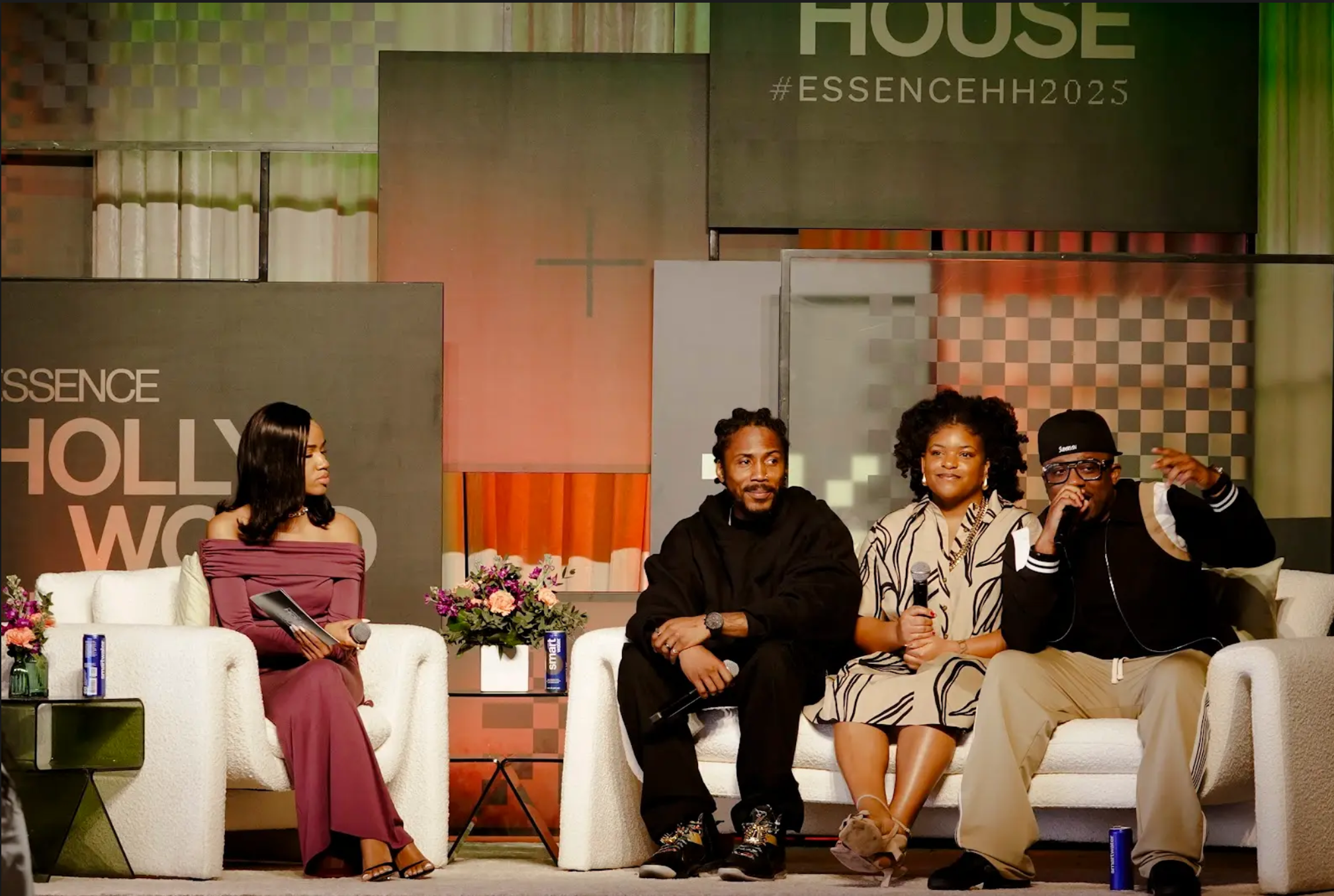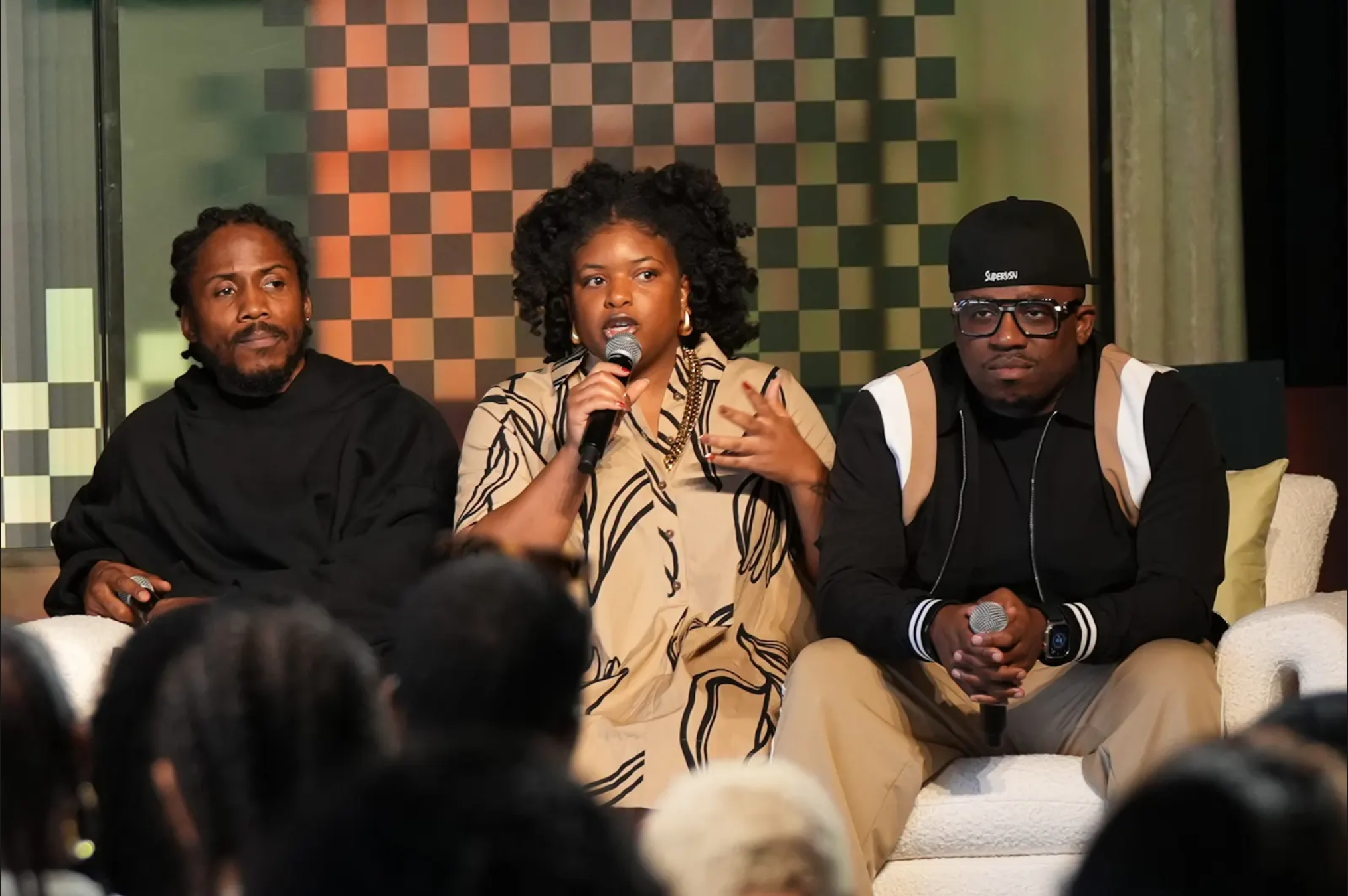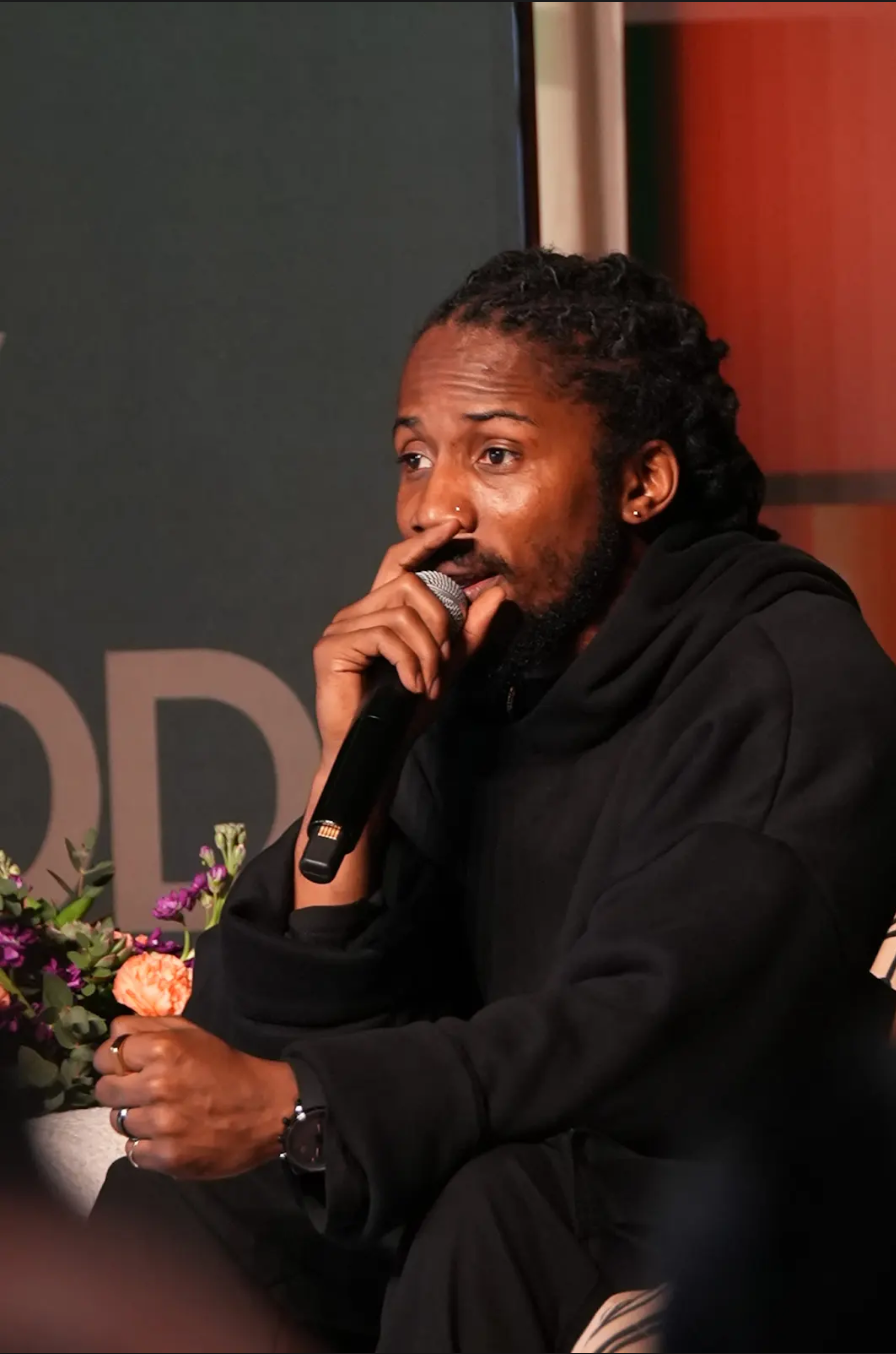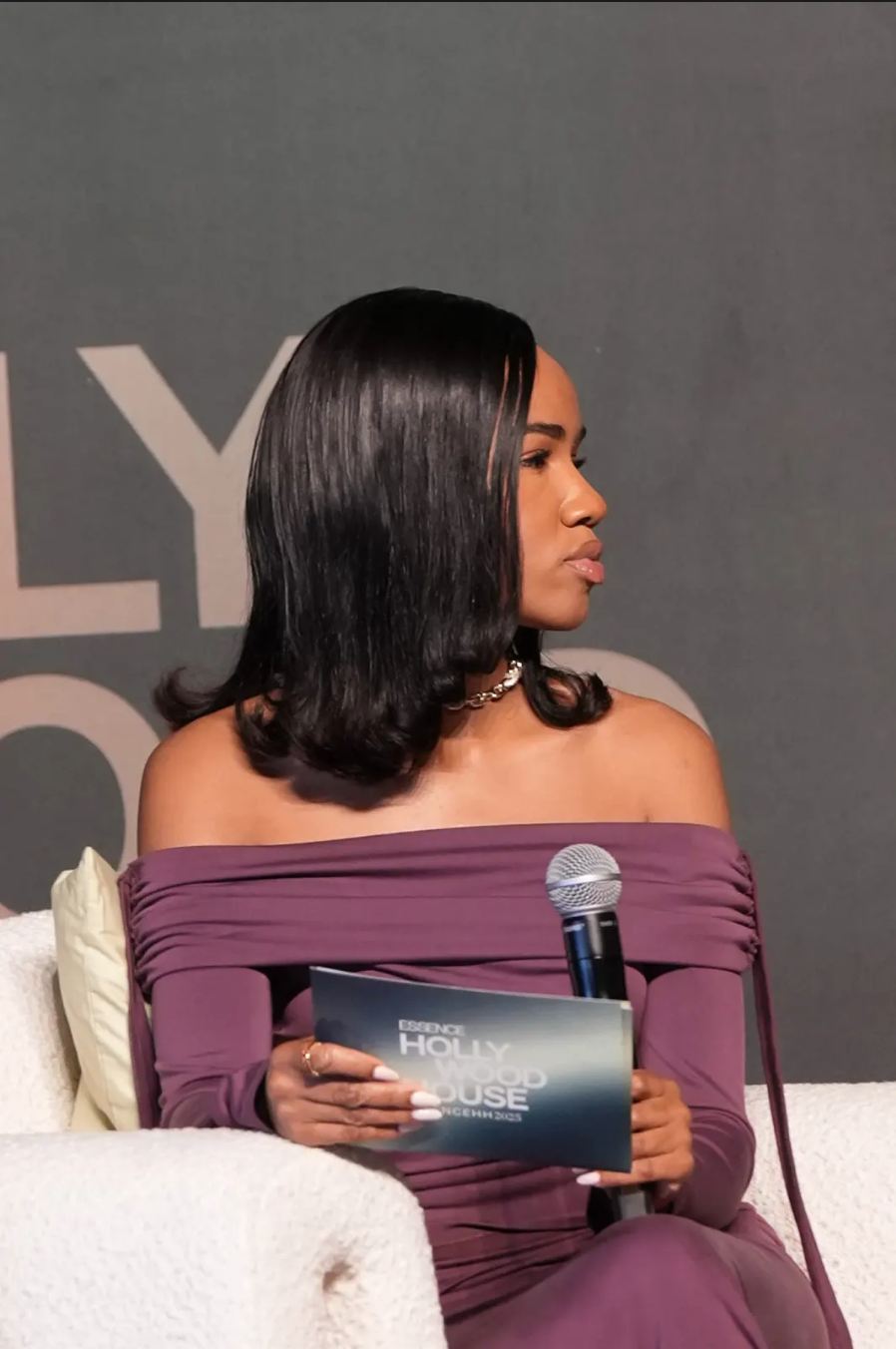
“Marriage ain’t for punks” as Pastor Cal Roberson from Married At First Sight often says. It takes a great deal of maturity, compromise, forgiveness, and emotional maturity to make a union work. Unfortunately, sometimes even with all of these things, it isn’t enough.
What happens when things don’t go as planned and you end up signing dotted lines, but this time to end the marriage? Moving forward is inevitable, but the “how” is often riddled with question marks. How do you close a chapter that engulfed your life for a number of months or years? How do you start over when you had forever in mind? How do you begin the process of creating a life with someone all over again?
Learning the “how” could be the answer to having healthier relationships in the future. For me, this has certainly been the case. By learning how to move forward and being an active participant in my healing, I’ve found myself in healthier relationships this time around. Here are some ways to avoid repeating mistakes of the past to truly grow from divorce, according to relationship therapists.
Grieve the Loss Of Your Marriage
When a marriage ends, it can feel like death, and in many ways, it is. This is why during and after a divorce, it’s imperative that you acknowledge and feel the symptoms of grief, says Imani Tutt, a therapist based in Freeport, New York.
“When we experience a divorce, we are not only grieving the marriage or even just the other person—we are also breaking up with all of the potential and the life that we wanted to create with this other person,” she says.
It can be tempting to “be strong” and avoid the grief, however, that can hinder your growth. It’s ok to let yourself fall apart because you’ve lost something significant.
“Black women often times have to hide behind the mask of being ‘resilient,’” says Tutt. “We often do not have safe spaces to simply mourn our relational experiences, especially the loss of a marriage, one of the values that most of our lives have been centered around in order to prove our level of ‘worthiness.’”
Don’t Move on Before You’re Ready
Try to avoid jumping into something new before you’ve gone through your grieving process. Some people avoid leaning into the mourning period because it doesn’t always feel good, says Shanta Jackson, a professional counselor licensed in Texas and Georgia.
“Because we want to avoid the pain, or avoid feeling anything, we start going out more, distracting ourselves with work, hanging with friends, engaging in anything that will make us feel better, and then we jump into another relationship and fall back into the same patterns and behaviors from before,” she says.
Jackson continues, “We must really heal ourselves first before starting anything else. Heal yourself first, before expecting someone else to do it for you. That is not their responsibility.”
A book that helped me significantly throughout my grieving process is the Grief Recovery Handbook by John W. James. It took me through the many stages of mourning and helped me “conclude,” process and accept it. I also learned many lessons during the process, which Tutt says is essential.
Learn From Your Mistakes
If we look back at most relationships that have broken down, we can usually identify a few things we could have done better. The same applies to a marriage that ends in divorce.
“We have to be honest with ourselves and gain some self-awareness by reflecting on any role that you have played in the ending of the marriage,” says Jackson.
She continues, “This helps you identify any unhealthy patterns or traits that may cause conflict and toxicity in the next relationship.”
During this reflection period, show yourself grace and forgive yourself for the part you played in the breakdown of your marriage. You may find that therapy is a powerful tool to help you with this. A good therapist can also help you identify unhealthy patterns and find the root cause of them. I started therapy during my separation and it has been an invaluable tool in helping me understand my trauma and how it has influenced my decisions and behaviors within relationships.
That said, Tutt raises a good point, which is that not every relationship ends because it was toxic. “Sometimes relationships end when they start to become dysfunctional or when our differences are so polarizing that they cannot coexist peacefully—and that’s okay,” she says.
Rediscover Who You Are
The incipient stages of life after divorce can suck, depending on where on your healing journey you are. Getting used to waking up alone, taking care of kids on your own if you have them, and not having a partner to share your day with can be difficult. This alone time, however, is a chance for you to discover who you are beyond being a wife to someone else.
“As Black women, we have been conditioned by society to take on so many roles in order to be ‘somebody,'” Tutt says. “Somebody’s wife, somebody’s daughter, somebody’s ‘mother’.” This intense pressure to simply show up in these roles and be whoever everyone else needs us to be is a recipe for anxiety, depression and overall a chronic bypassing of our emotions.”
To avoid this pattern in future relationships, discover who you are as an individual. What are your hobbies outside of a relationship? Where do you see yourself in a decade? What brings you joy and what are your triggers?
Knowing these things can make it easier to show up as your true self and communicate your needs in future relationships.
Decide How You Want to Be Loved

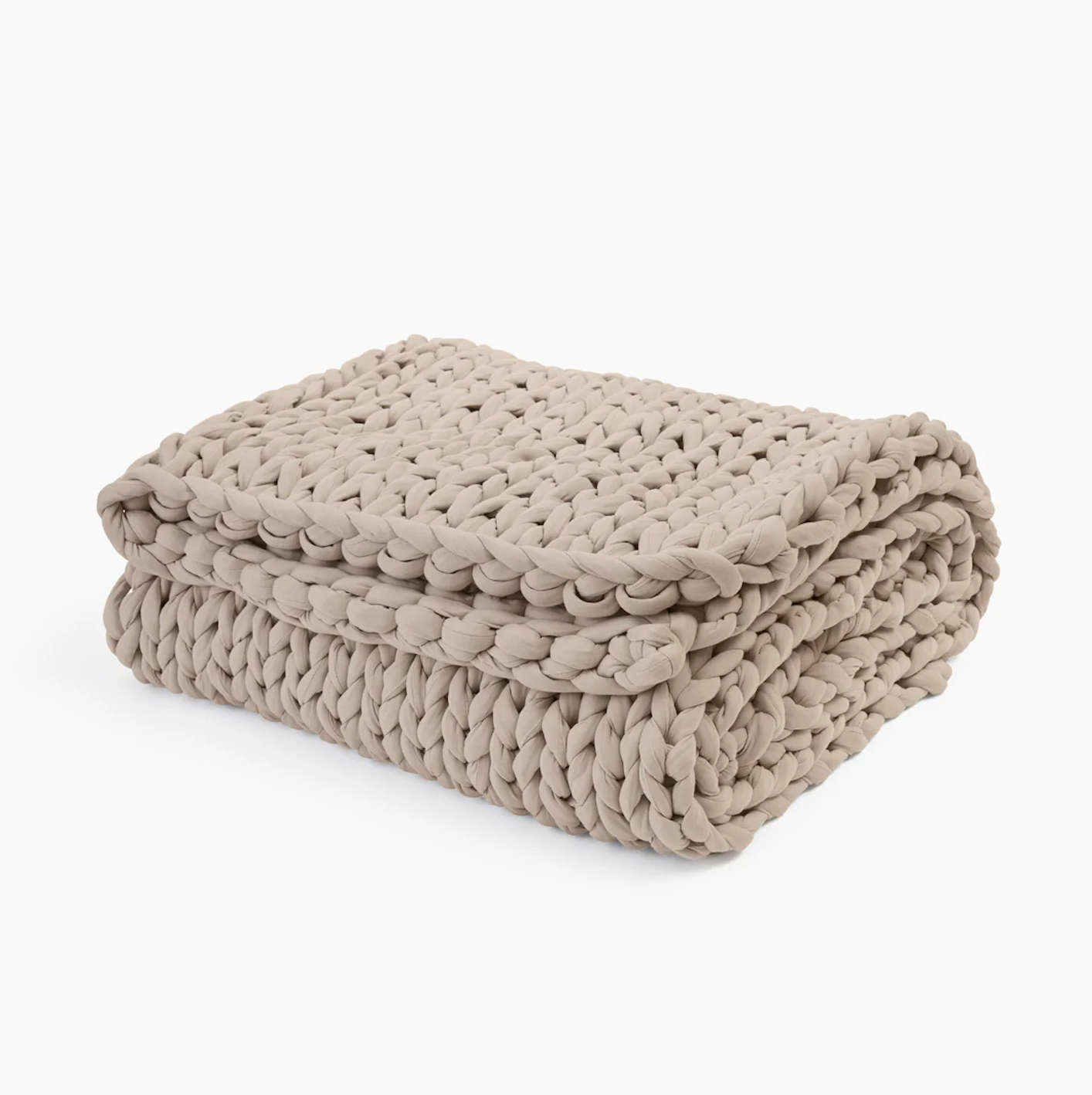


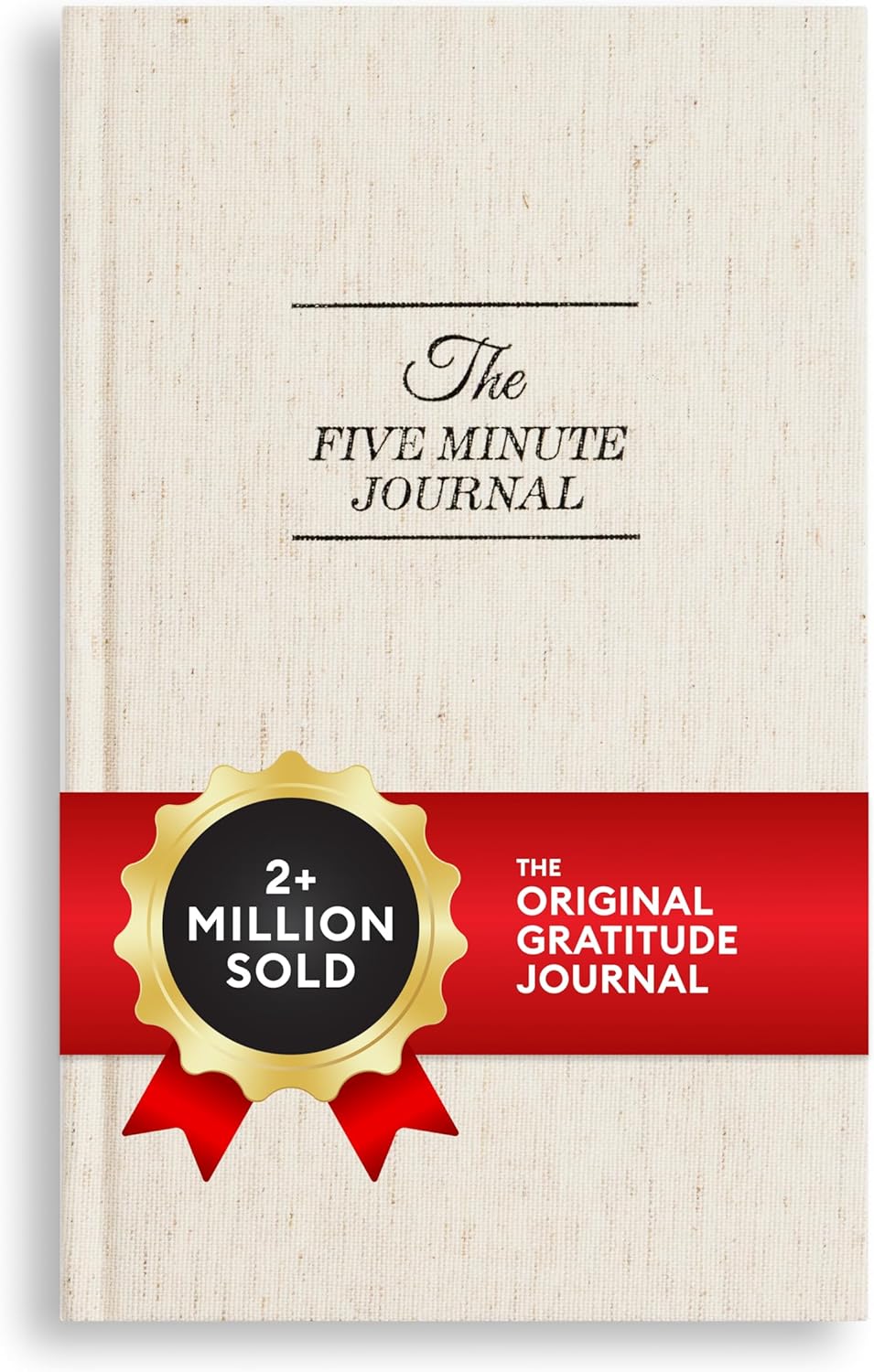


I spent most of my marriage pretending I didn’t have any needs because I thought good wives suppress their needs and prioritize their family’s needs. Because I wasn’t honest about what I required, I didn’t give my ex a chance to understand and learn how I needed to be loved. Suppressing my needs meant I also wasn’t loving myself.
Post-divorce, I took a notebook and wrote down how I want to be loved moving forward and things that were non-negotiable in a relationship. Acts of service, being kind-spirited, and encouragement were at the top of my list. That exercise was a lightbulb moment for me because I finally understood what love in a relationship should look like for me vs. others. It also put my unhappiness in my marriage into perspective and taught me what qualities to look for in a new partner.
Also, knowing how you want to be loved doesn’t mean sitting around and waiting for someone to love you. Start honoring yourself the way you hope a future partner will. True love begins with self-love.



